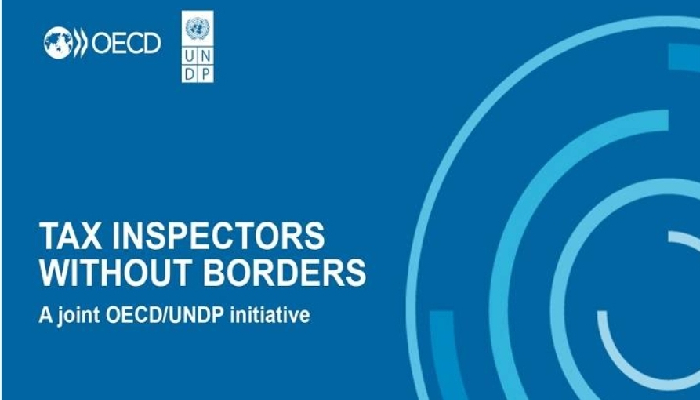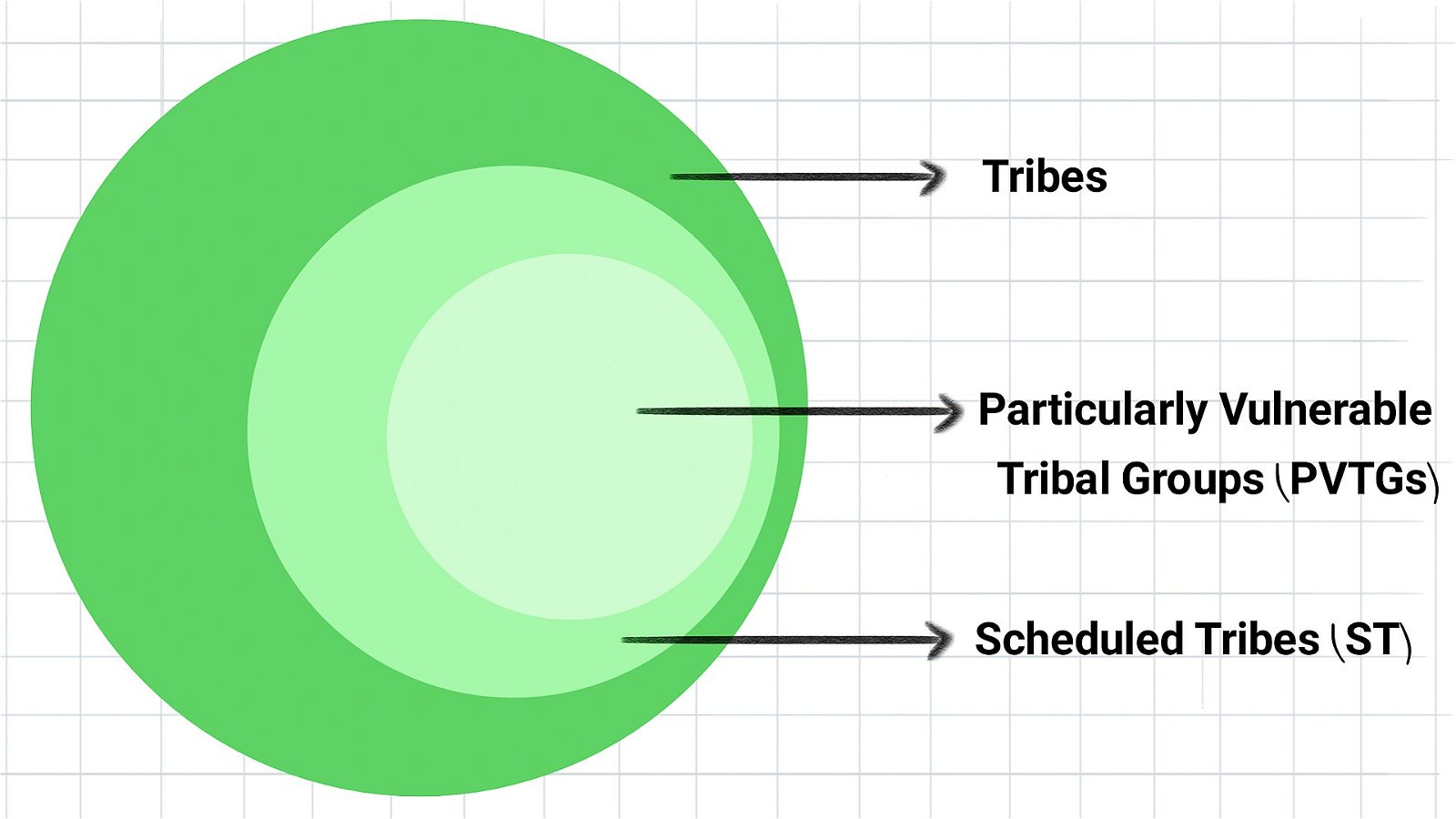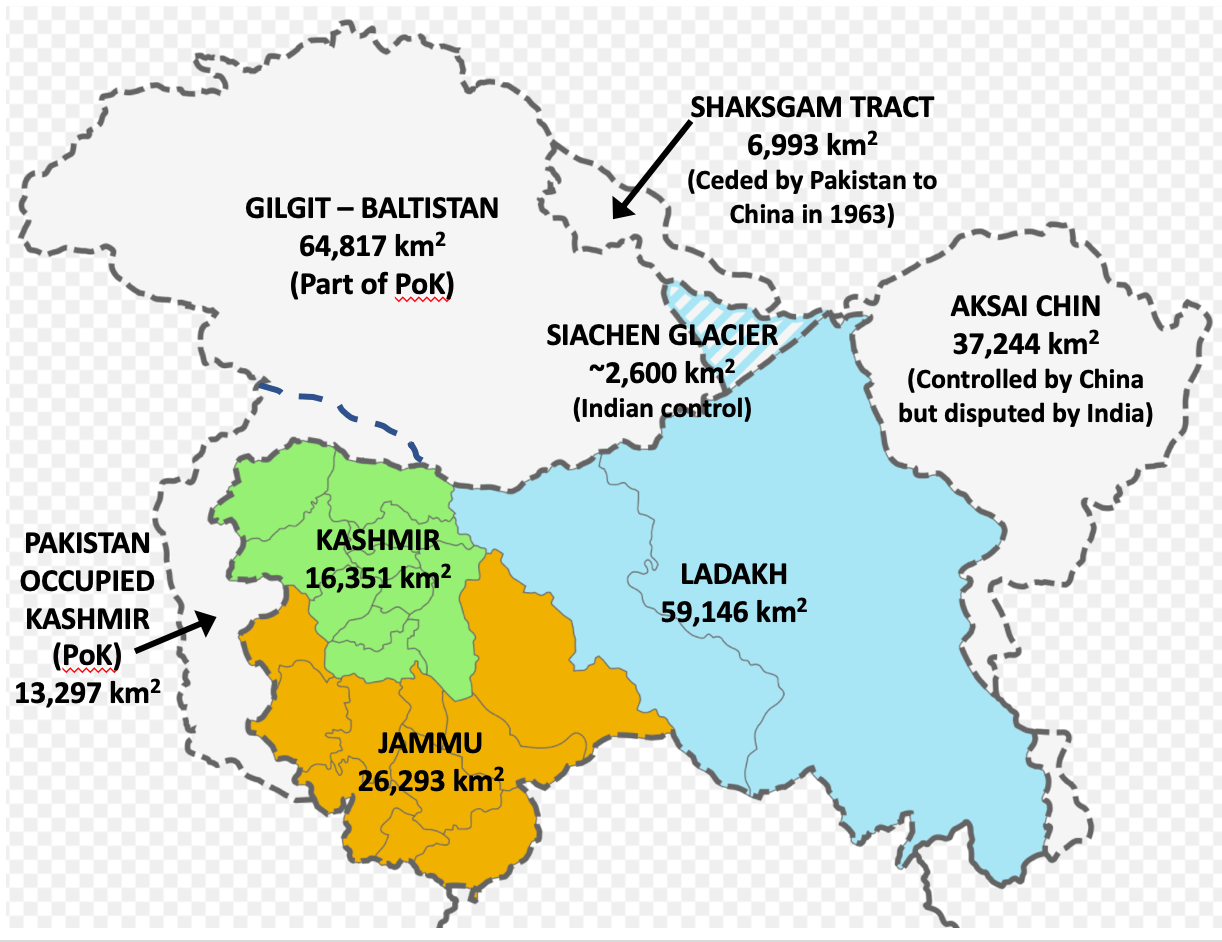
Preventive Detention
Subscribers of "Current Affairs" course can Download Daily Current Affairs in PDF/DOC
Subscribe to Never Miss an Important Update! Assured Discounts on New Products!
Must Join PMF IAS Telegram Channel & PMF IAS History Telegram Channel
- Context (IE): DY Chandrachud called Telangana’s use of the preventive detention law “a callous exercise of exceptional power.”
- Preventive detention means the detention of a person by the state without trial and conviction but merely on suspicion. The detention could be up to a year unless extended.
- The district magistrate can order to detain a person to maintain “public order.” The state can delegate this power to the police as well.
- The state must inform the detainee of the grounds for their detention.
- The grounds must be presented in a language the detainee can understand.
- A basic set of facts justifying detention must be communicated at once, and the state cannot later include new reasons to strengthen the original detention order.
- The state does not need to disclose facts if it is against the public interest to do so.
- The detainee can challenge the detention order in a court of law.
- If the detention is ordered for more than 3 months, it requires the approval of an Advisory Board.
- States set up these Boards, which generally consist of retired judges and bureaucrats.
- A detainee is generally not allowed legal representation before the Board.
- If the Board confirms the detention, the detainee can move to court challenging the detention order.
|
Role of Court
- Judicial review for preventive detention is limited because IC prioritises the state’s “subjective satisfaction” when ordering a detention.
- A judicial review is limited to whether the Advisory Board applied its mind, considered all material facts and whether the state showed obvious malafide in ordering detention.
Preventive detention under IC
- IC contains provisions for preventive detention under clauses (4) to (7) of Article 22 (Part III: FRs).
- Article 22 of IC prescribes protection against arrest and detention.
- However, it has a major exception under Article 22 (3) (b), which states that none of those safeguards apply to any person arrested or detained under any law providing for preventive detention.
|
Way forward
- Preventive detention is an exceptional law and should be used sparingly. It shouldn’t be used to avoid bail and keep someone in jail longer.
- The SC, on many occasions, said that:
- Preventive detention cannot be invoked to circumvent the granting of bail.
- The state cannot detain an accused when he is likely to be released on bail for the same offence.
Article 22 of IC: Protection against arrest and detention in certain cases
|





![PMF IAS Environment for UPSC 2022-23 [paperback] PMF IAS [Nov 30, 2021]…](https://pmfias.b-cdn.net/wp-content/uploads/2024/04/pmfiasenvironmentforupsc2022-23paperbackpmfiasnov302021.jpg)











